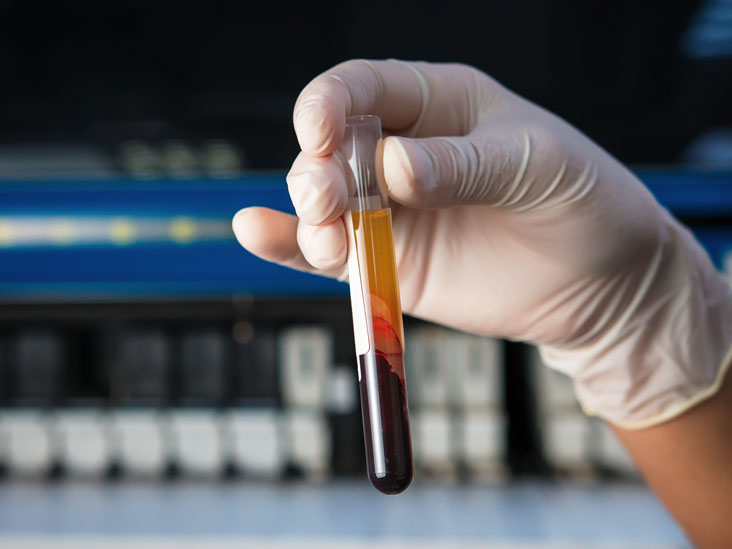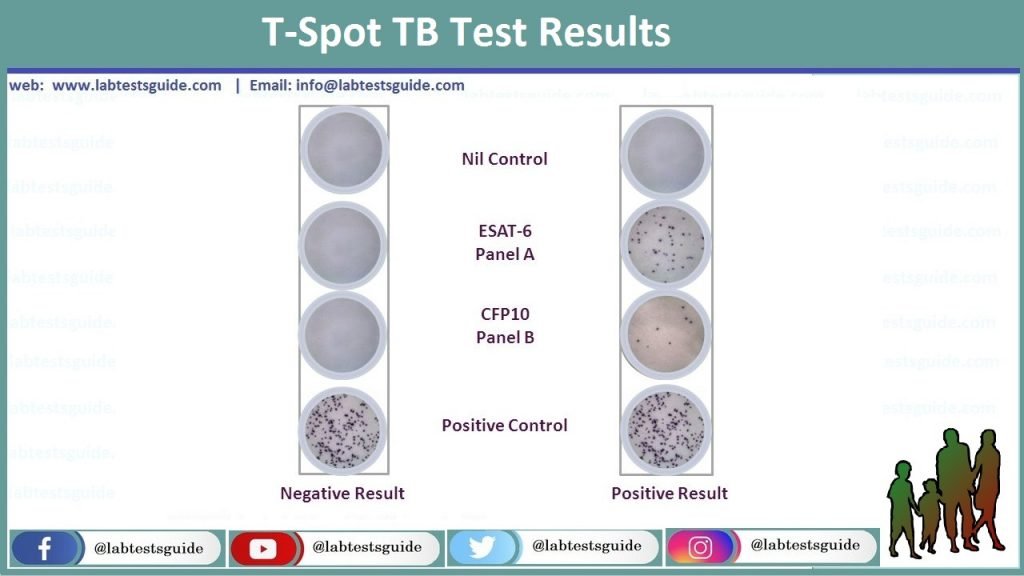
It’s also linked to low thyroid activity and leukemia. High A/G ratio: This can be a sign of disease in your liver, kidney, or intestines. In some cases, a low A/G ratio can be a sign of a tumor in your bone marrow. It can also point to kidney disease or cirrhosis, which is inflammation and scarring of the liver. Low A/G ratio: This might be the sign an autoimmune disorder, where your body’s immune system attacks healthy cells.

It can also be an early sign of a bone marrow disorder. High total protein: Too much protein in your blood can be a sign of chronic infection or inflammation (like HIV/ AIDS or viral hepatitis). Low total protein: You could have a liver or kidney disorder, or a digestive disorder like celiac disease (your body can’t absorb protein the way it should). Numbers and levels that seem “off” could be normal for you. Because of that, your doctor will take your health and past lab work into account when they look at your results. The lab results should be back in about 12 hours.Įvery lab has a slightly different range of what’s considered normal. Make sure to drink plenty water before taking this test. Make sure your doctor knows all the medicines you’re taking, as well as any herbs, vitamins, or illegal drugs. Some drugs, like birth control pills, reduce the amount of protein in your blood. For newborns, it’s done with a “heel stick” - the blood is drawn through a small puncture of the heel. Sometimes this is taken from a vein in your arm.


It also helps with tissue growth and healing. This carries medicines and hormones throughout your body. They are important for good health.Īlbumin. Your liver’s in charge of making most of the proteins that are in your blood. It can also be used to look for some serious health problems. This can give you insight into your general health. It measures the amount of protein in your blood. This often includes a total serum protein test. As part of a regular health checkup, your doctor may order blood work.


 0 kommentar(er)
0 kommentar(er)
